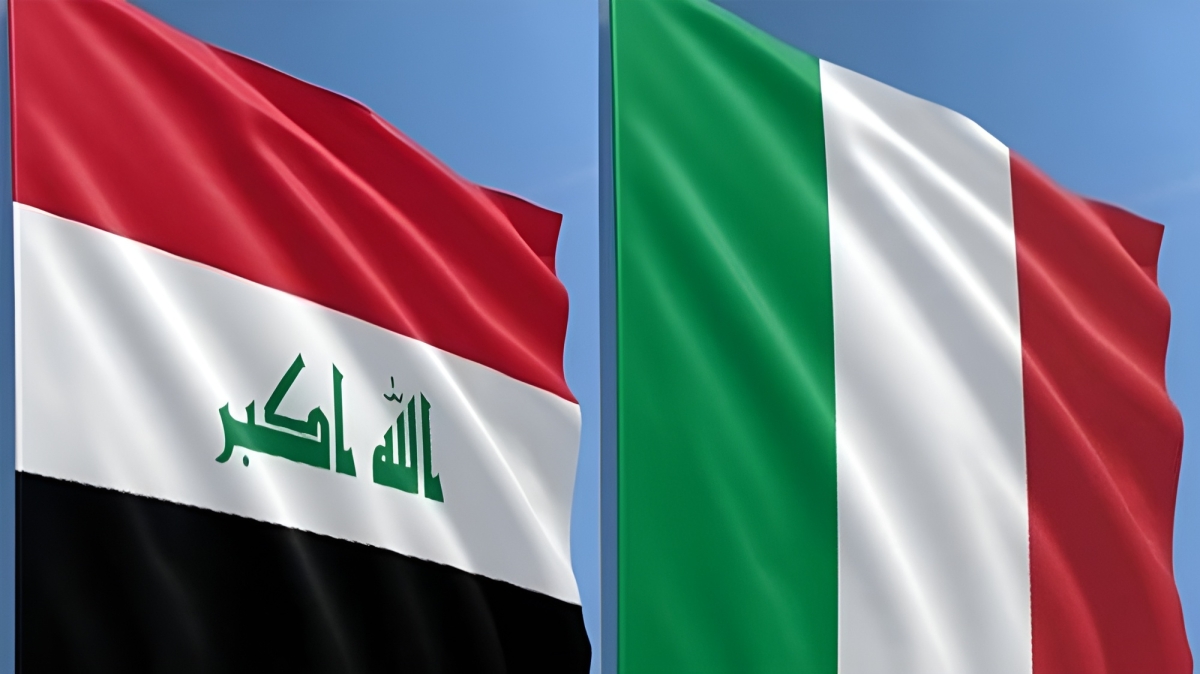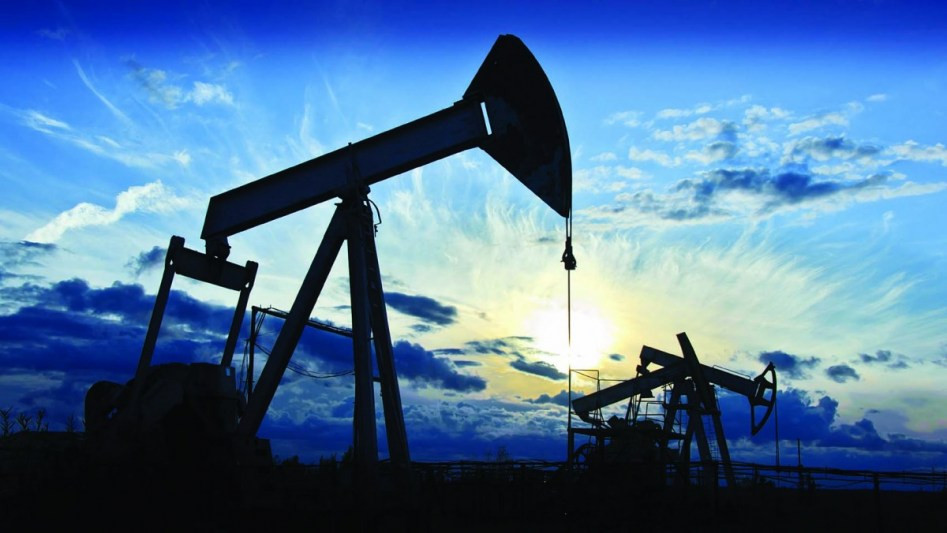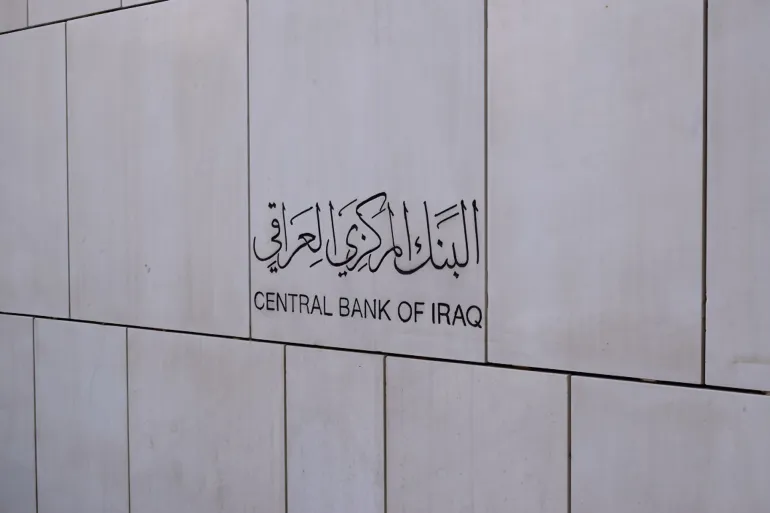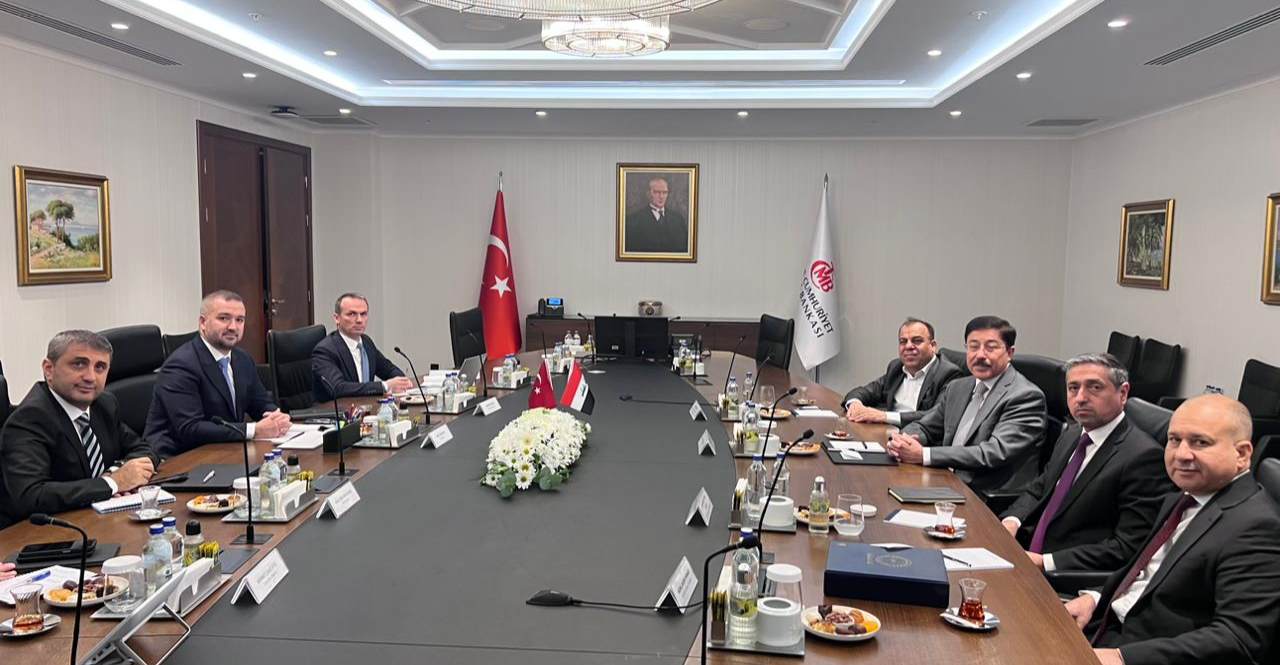Iraq plans 50,000 bpd production boost to meet refinery needs
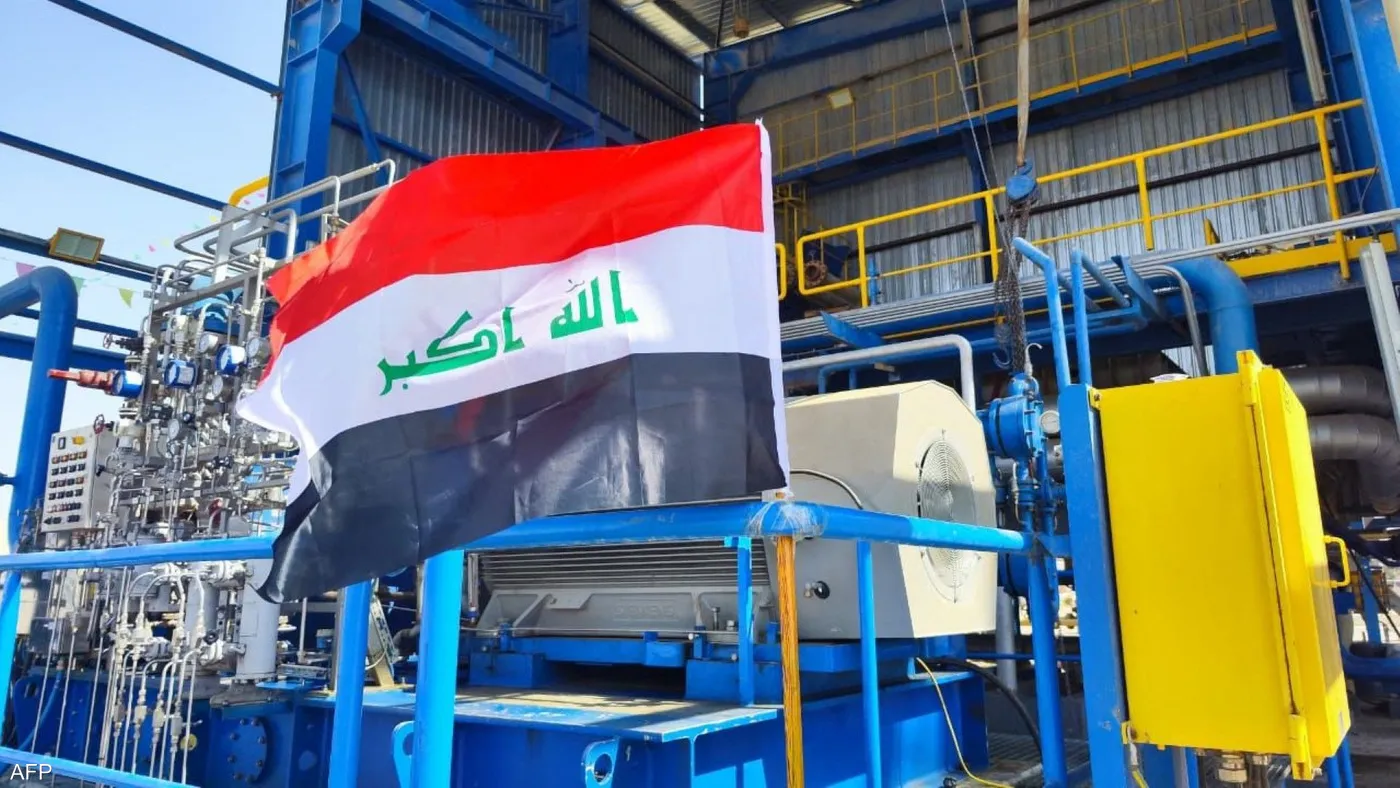
Shafaq News/ On Friday, an official from Iraq's North Oil Company revealed plans to increase production by 50,000 barrels per day (bpd) to meet the needs of the Baiji refinery.
The source told Shafaq News Agency that Oil Minister Hayan Abdul Ghani has directed the North Oil Company to ramp up production to its highest levels. Currently, production is limited to 350,000 bpd from Kirkuk oil fields, which does not meet the needs of the Baiji refinery, which has a capacity of over 350,000 bpd.
The source added that the company has completed the replacement of crude oil pipelines from the Batma station to the Ain Zala station in the Nineveh oil fields, making significant efforts to increase production, develop oil fields, and streamline the flow of crude oil within operational stations.
The source confirmed that the company’s near-term plan is to add 50,000 bpd from the Nineveh fields.
Earlier this week, the company reported that technical and engineering teams had revived an oil well in the Batma field in Nineveh and were working to increase its production to 10,000 BPD.
The source also mentioned that an engineering and technical team has begun planning to develop and enhance the capabilities of oil fields throughout Nineveh to boost production, support the national economy, and contribute to state revenue.
In this context, oil expert Ali Khalil told Shafaq News Agency that the Ain Zala field was discovered in Nineveh in 1939, and the Batma oil field was discovered in 1953. After 2003, exploration continued in several oil sites in Nineveh as part of oil licensing rounds.
He noted that four oil fields are currently being developed by the federal Ministry of Oil: Sassan near Badush, Allan near Al-Ayadiya in western Nineveh, Qasab, and Jawan south of Mosul. The active fields include Qayyarah, Najma, Ain Zala, Batma, and Saifa.
Khalil further explained that Mosul's oil fields were discovered in December 1932 by Iraqi, Italian, British, German, French, Dutch, and Swiss companies. At that time, 71 wells were discovered, but only 27 were exploited, with 10 being large-scale wells producing oil at varying levels.
He emphasized that increased focus on Nineveh fields could boost production to over 500,000 bpd for North Oil Company, suggesting that Nineveh fields have the potential to produce 150,000 bpd.


